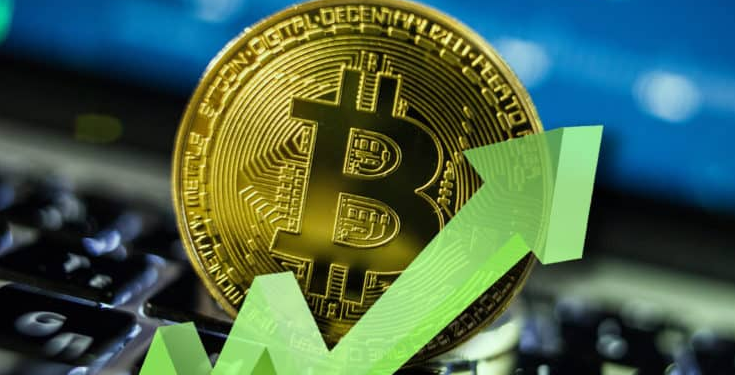International Monetary Fund issues warning against El Salvador’s Bitcoin law, according to IMF officials, making any crypto a legal tender “is an inadvisable shortcut” to more inclusive financial services.
The IMF officials warned that some of the consequences of a country adopting Bitcoin as a national currency “could be dire.”
Yesterday, IMF officials Tobias Adrian and Rhoda Weeks-Brown wrote about making crypto a legal tender. They noted that new digital forms of money have the potential to provide cheaper and faster payments. Also, it has the potential to enhance financial inclusion, resilience, and competition among payment providers. And help cross-border transfers.
However, the 2 officials said,
But doing so is not straightforward. It requires significant investment and difficult policy choices. This includes clarifying the role of the public. And private sectors in providing and regulating digital forms of money.
In addition, IMF officials said that crypto like BTC could catch on in countries without stable inflation and exchange rates. Also, in countries that provide unbanked people with the means to make payments. As a result, the cost to an economy could be vital.
“If goods and services were priced in both a real currency and a crypto asset, households and businesses would spend significant time and resources choosing which money to hold as opposed to engaging in productive activities,” Adrian and Weeks-Brown added.
As they continue, they said that exchange rate would expose the government revenues to risk. This would happen if taxes come in advance in crypto while payments remain in the local currency or vice versa.
2 weeks ago, the Economic Commission for Latin America and the Caribbean (ECLAC), a UN regional commission, also raised concerns about El Salvador’s decision upon making Bitcoin (BTC) a legal tender.































